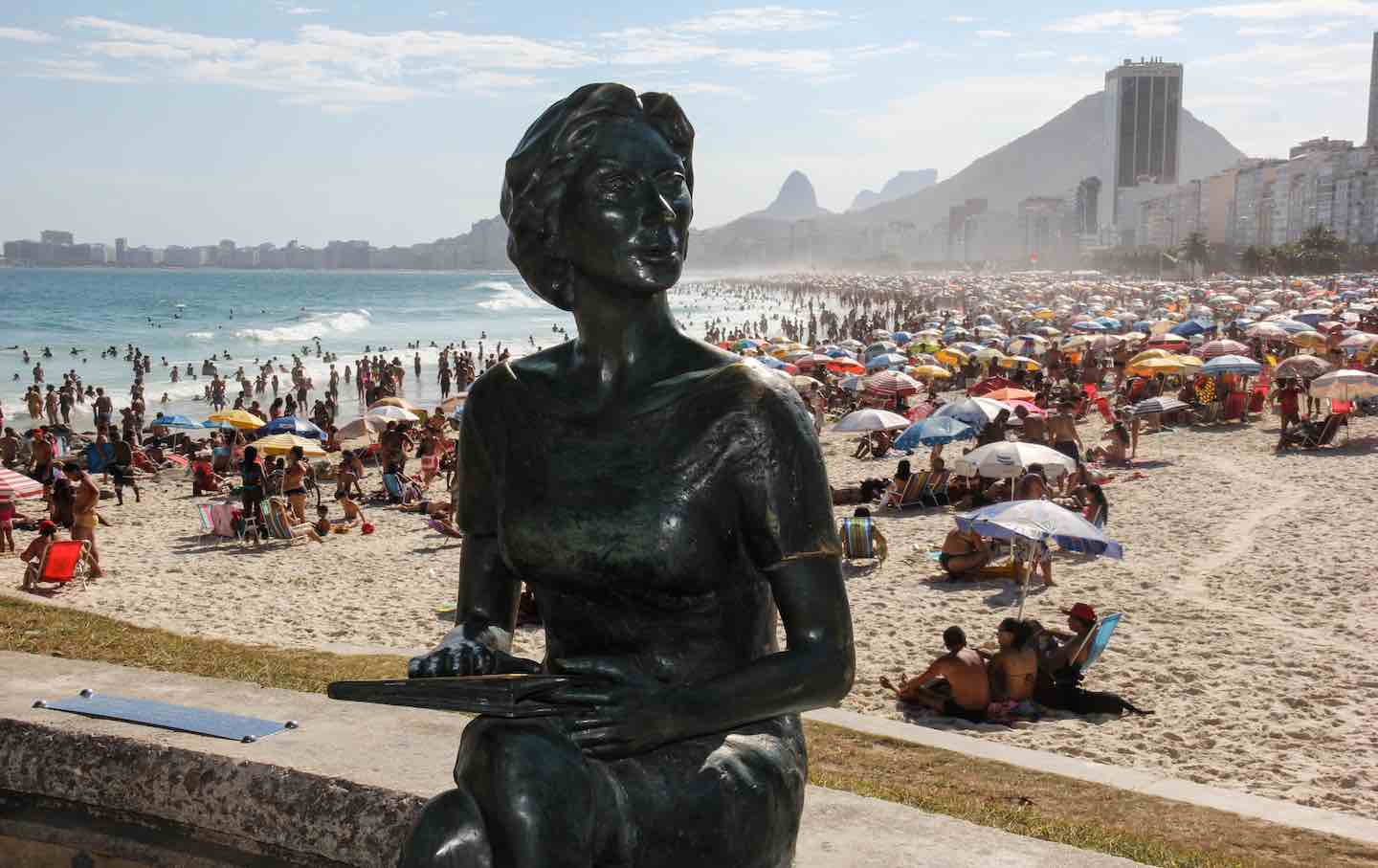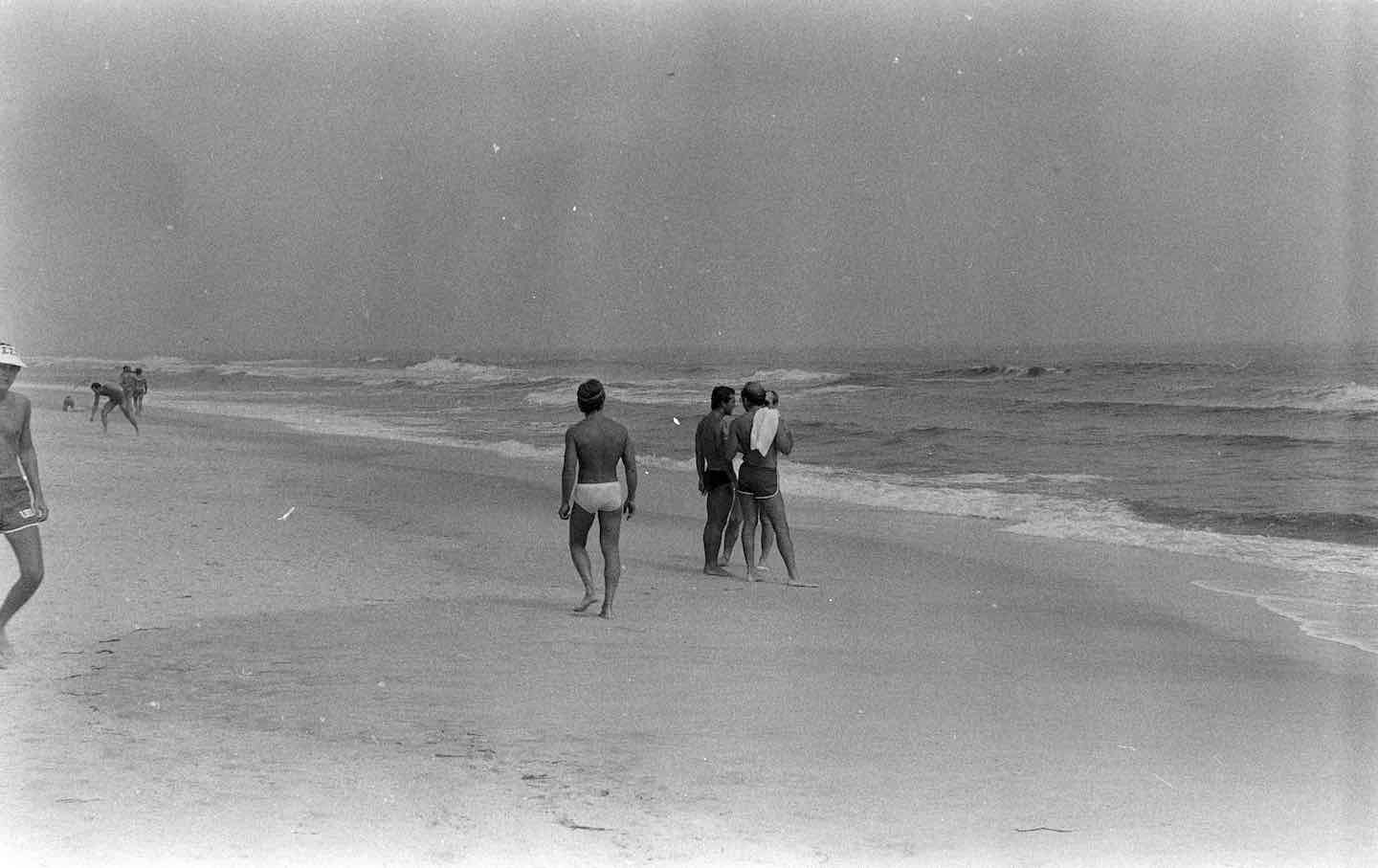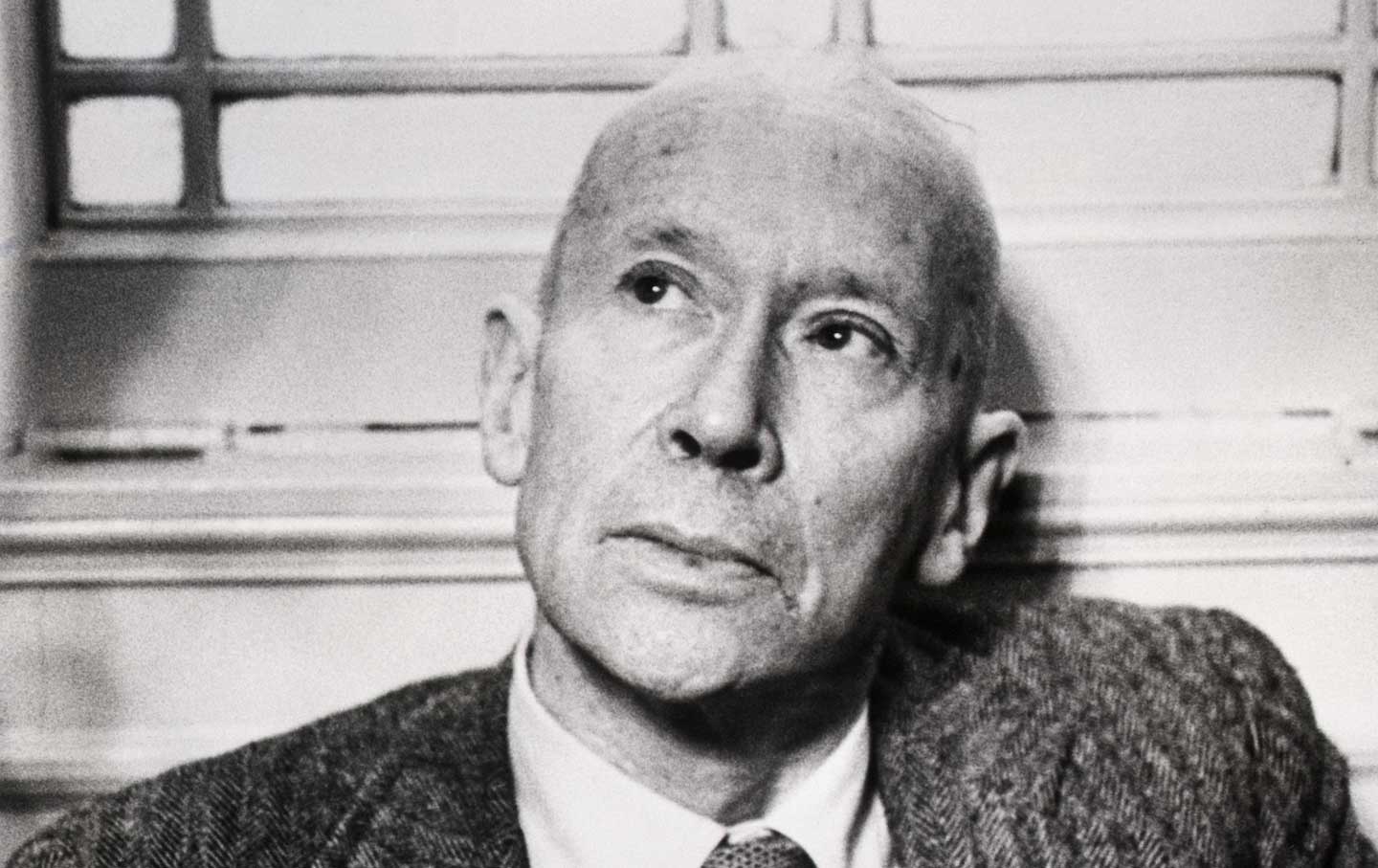A Portrait of the Artist as I Hate You
Honey, what was it—my original stinking sin?
When, thick-tongued and fangless, I hungered to be seen
from all angles, how could you take those pipe dreams
to mean Psycho, shower scene?
Was I too tender for you? You left me slow and lowly.
Fall off the bone. Forked up wholly holey
to my febrile fibers. What other grub daydreams
of filling up your belly?
Come REM, come starry comas sopped in sepia,
how come you keep on slipping past my sleepier
defenses, the walk-on cameo of my dreams?
Cast me. I’d play it creepier.
If I were you? Sin would sun, blisters unblue
to blusters, everything indrawn bloom into
blank sheets. Untouched. If you (in your dreams’ dreams)
were me, you’d hate you too
and gratefully, hate to be granted a way with words,
away-with-murder words, a wave dragged shorewards
dredging the unconscious, a wasting away of dreams
to silt, salt, sea-sharp shards,
who’s crying over that? So what if life’s long
and lullabying as a Ramones song
—that remains to be unseen, rewound in dreams
where this time I’m strong, strong
as the black box the crash coughs up to keep
one record of the wreckage stashed, coffin-deep,
for the rest of our days. Deep as those charmed dreams
where all I do is sleep.
Thank you for reading The Nation
We hope you enjoyed the story you just read, just one of the many incisive, deeply-reported articles we publish daily. Now more than ever, we need fearless journalism that shifts the needle on important issues, uncovers malfeasance and corruption, and uplifts voices and perspectives that often go unheard in mainstream media.
Throughout this critical election year and a time of media austerity and renewed campus activism and rising labor organizing, independent journalism that gets to the heart of the matter is more critical than ever before. Donate right now and help us hold the powerful accountable, shine a light on issues that would otherwise be swept under the rug, and build a more just and equitable future.
For nearly 160 years, The Nation has stood for truth, justice, and moral clarity. As a reader-supported publication, we are not beholden to the whims of advertisers or a corporate owner. But it does take financial resources to report on stories that may take weeks or months to properly investigate, thoroughly edit and fact-check articles, and get our stories into the hands of readers.
Donate today and stand with us for a better future. Thank you for being a supporter of independent journalism.








